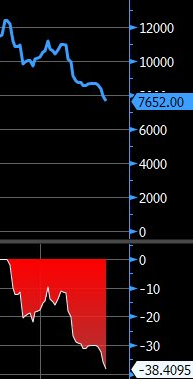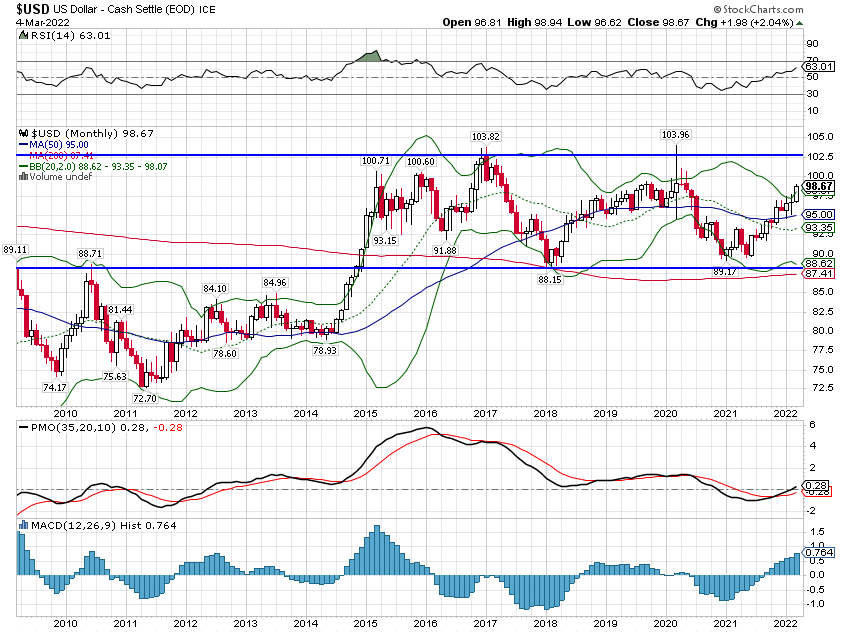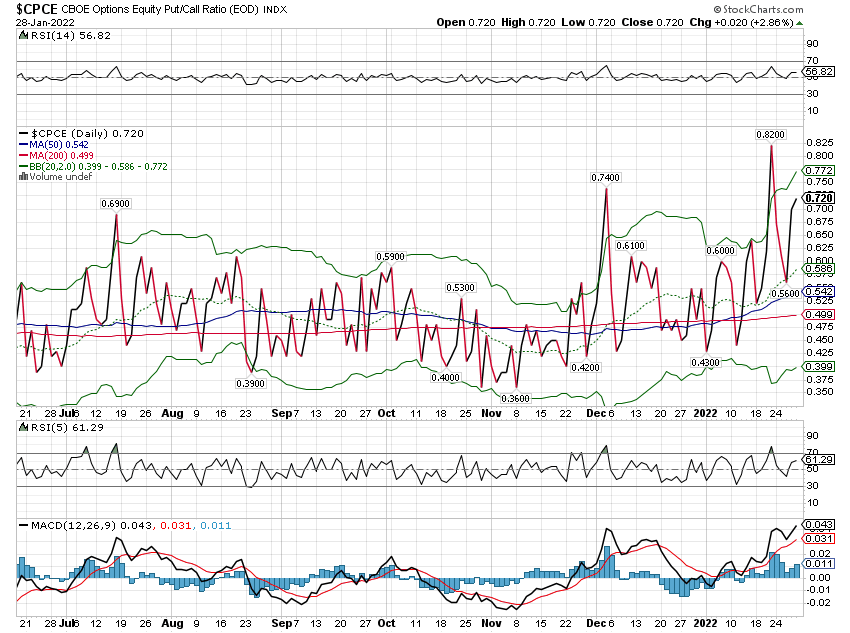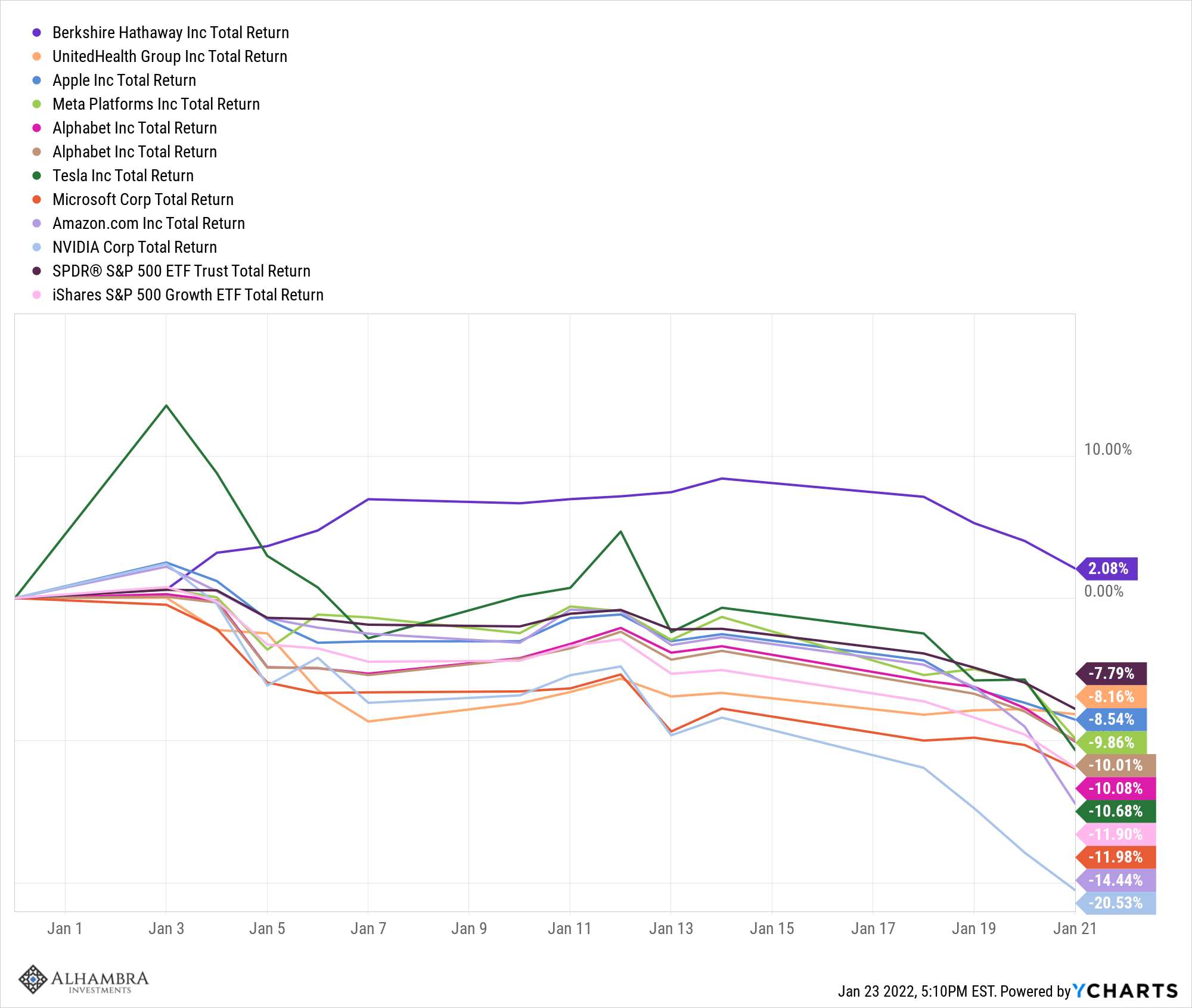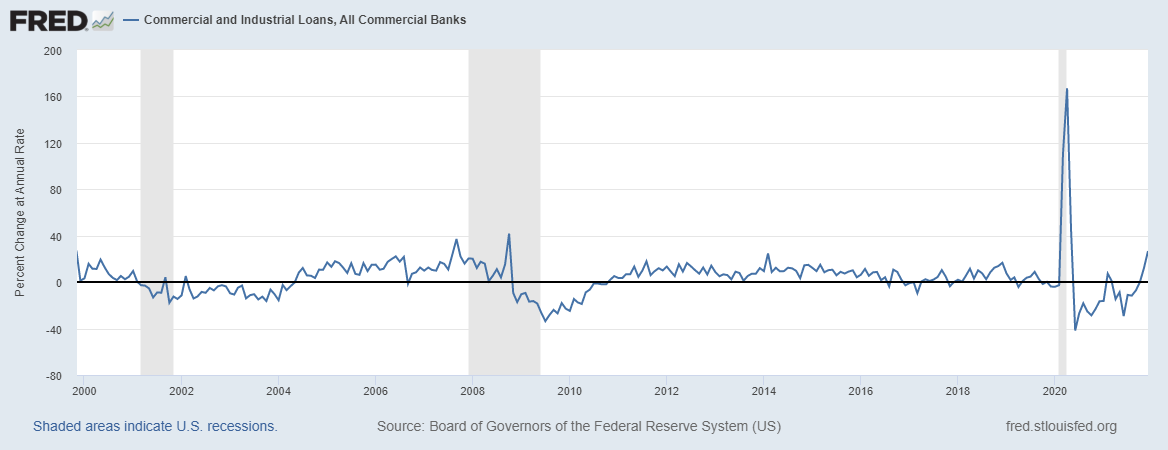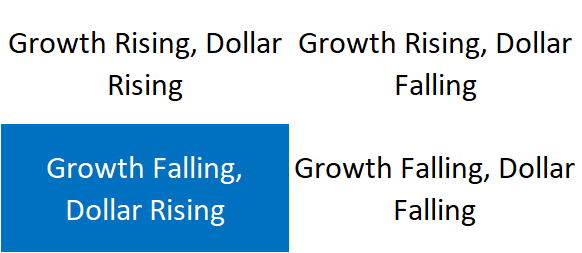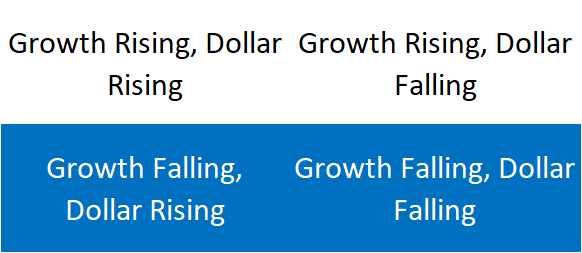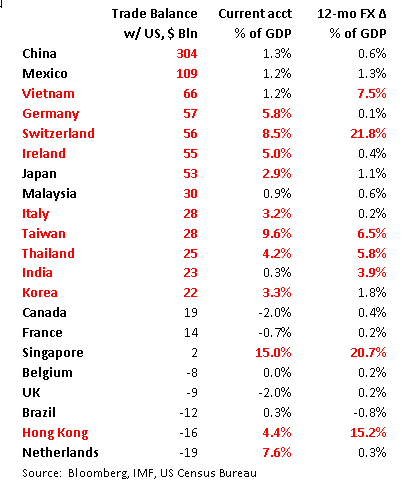 EM enjoyed an extended rally last week, and it should carry over to the early part of the week. The Wednesday FOMC meeting poses a risk to EM, especially if markets continue to price in a more hawkish Fed. The dot plots and press conference will be very important. BOE and the Norges Bank also meet this week, with the latter expected to deliver a 25 bp rate cut to 0.5%. Firm commodity prices are helping sentiment, with WTI making new highs for 2016 and approaching the $40 area. While weaker than expected China data over the weekend could hurt EM sentiment, this may be offset by the strongest yuan fixes this year by the PBOC.
EM enjoyed an extended rally last week, and it should carry over to the early part of the week. The Wednesday FOMC meeting poses a risk to EM, especially if markets continue to price in a more hawkish Fed. The dot plots and press conference will be very important. BOE and the Norges Bank also meet this week, with the latter expected to deliver a 25 bp rate cut to 0.5%. Firm commodity prices are helping sentiment, with WTI making new highs for 2016 and approaching the $40 area. While weaker than expected China data over the weekend could hurt EM sentiment, this may be offset by the strongest yuan fixes this year by the PBOC.
Besides the global backdrop, specific country risk remains important. Brazil continues to ride a wave of impeachment optimism, but we warn that this bullishness is likely overdone. The South African Reserve Bank meets amidst deteriorating fundamentals, while Turkey was able to wring a favorable deal out of the EU regarding the refugee crisis. Elsewhere, Poland came under criticism from the Council of Europe due to the government’s Constitutional Court overhaul.
India reports February WPI and CPI data Monday. The former is expected at -0.2% y/y and the latter at 5.52% y/y. Price pressures are starting to pick up, and should keep the RBI cautious going forward. The next policy meeting is April 5, and no change in rates is expected then.
Czech Republic reports January retail sales Monday, which are expected to rise 6.0% y/y vs. 8.7% in December. It reports January construction and industrial output (1% y/y consensus) Tuesday. The real sector remains robust, but continued deflation risks remain a concern for the central bank. Although the bank has started to discuss negative interest rates, we do not think current conditions warrant such a response yet.
Brazil reports January GDP proxy Monday and is expected at -7.1% y/y vs. -6.5% in December. Brazil then releases the second preview for March IGP-M wholesale inflation Friday. Most inflation measures remain elevated, and yet the central bank has been able to keep rates steady at 14.25% without the long end of the Brazilian curve selling off. IPCA inflation came in lower than expected in February and eased to 10.4% y/y.
Colombia reports January retail sales and IP Monday. The former is expected at -0.2% y/y and the latter at 3.5% y/y. The central bank meets Friday and is expected to hike rates 25 bp to 6.5%. Inflation continues to accelerate, reaching a cycle high 7.6% y/y in February. This is well above the 2-4% target range, and so further tightening is likely to be seen this year.
Singapore reports January retail sales Tuesday, which are expected to rise 3.5% y/y vs. 2.9% in December. It then reports February trade data Thursday, with NODX expected at -3.9% y/y vs. -9.9% in January. With deflation persistent and the economy sluggish, we expect the MAS to loosen policy at its April meeting by adjusting its S$NEER trading band.
Indonesia reports February trade Tuesday. Exports are expected at -15% y/y and imports at -12.8% y/y. Bank Indonesia then meets Thursday and is expected to keep rates steady at 7.0%. However, the market is split. Of the 14 analysts polled by Bloomberg, 8 see no cut and 6 see a 25 bp cut. Inflation has accelerated two straight months to 4.4% y/y in February, and may keep the bank cautious for now. We do think that with a sluggish economy, the bank will maintain a dovish bias and cut rates further in 2016.
Poland reports January trade and current account data Tuesday, as well as February CPI (-0.7% y/y consensus). It then reports February industrial output (5.5% y/y consensus), retail sales (3.2% y/y consensus), and PPI (-1.3% y/y consensus) Thursday. Deflation remains persistent, which is why the central bank is likely to resume easing this year. The next policy meeting is April 6. At that point, virtually the entire MPC will have been replaced and likely stacked with doves.
Israel reports February CPI Tuesday, which is expected at -0.4% y/y vs. -0.5% in January. With deflation risks still in play and inflation well below the 1-3% target range, some suspect that the central bank will have to undertake more easing this year. The next central bank meeting is March 28. No change in policy is expected then.
South Africa reports January retail sales Wednesday, which is expected to rise 3.7% y/y vs. 4.1% in December. The economy remains sluggish. The South African Reserve Bank then meets Thursday and is expected to hike rates 25 bp to 7.0%. However, the market is split. Of the 21 analysts polled by Bloomberg, 10 see no change and 11 see a 25 bp hike. With inflation rising to 6.2% y/y in January and moving above the 3-6% target range, we think it will hike 25 bp and the tightening cycle will continue this year.
The Chilean central bank meets Thursday and is expected to keep rates steady at 3.5%. With inflation easing a bit to 4.7% y/y in February, the bank may be able to justify remaining on hold another month. Still, inflation remains above the 2-4% target range and so any reappearance of price pressures should restart the tightening cycle. Chile reports Q4 GDP and current account data Friday. GDP growth is seen slowing to 1.6% y/y from 2.2% in Q3.
The Central Bank of Russia meets Friday and is expected to keep rates steady at 11.0%. However, a small handful looks for a 25 bp cut to 10.75%. With inflation easing to 8.1% y/y in February (the lowest since September 2014), we think there is a small chance of a dovish surprise rate cut. If not, then a rate cut is very likely in Q2.
Banco de Mexico meets Friday and is expected to keep rates steady at 3.75%. Inflation is starting to move higher, and so the 50 bp surprise hike last month seems justified. However, the bank has already warned that it has not embarked on a steady tightening cycle. The economy remains sluggish, and so aggressive rate hikes are not advisable, especially with fiscal policy also being tightened.
Tags: Emerging Markets

























